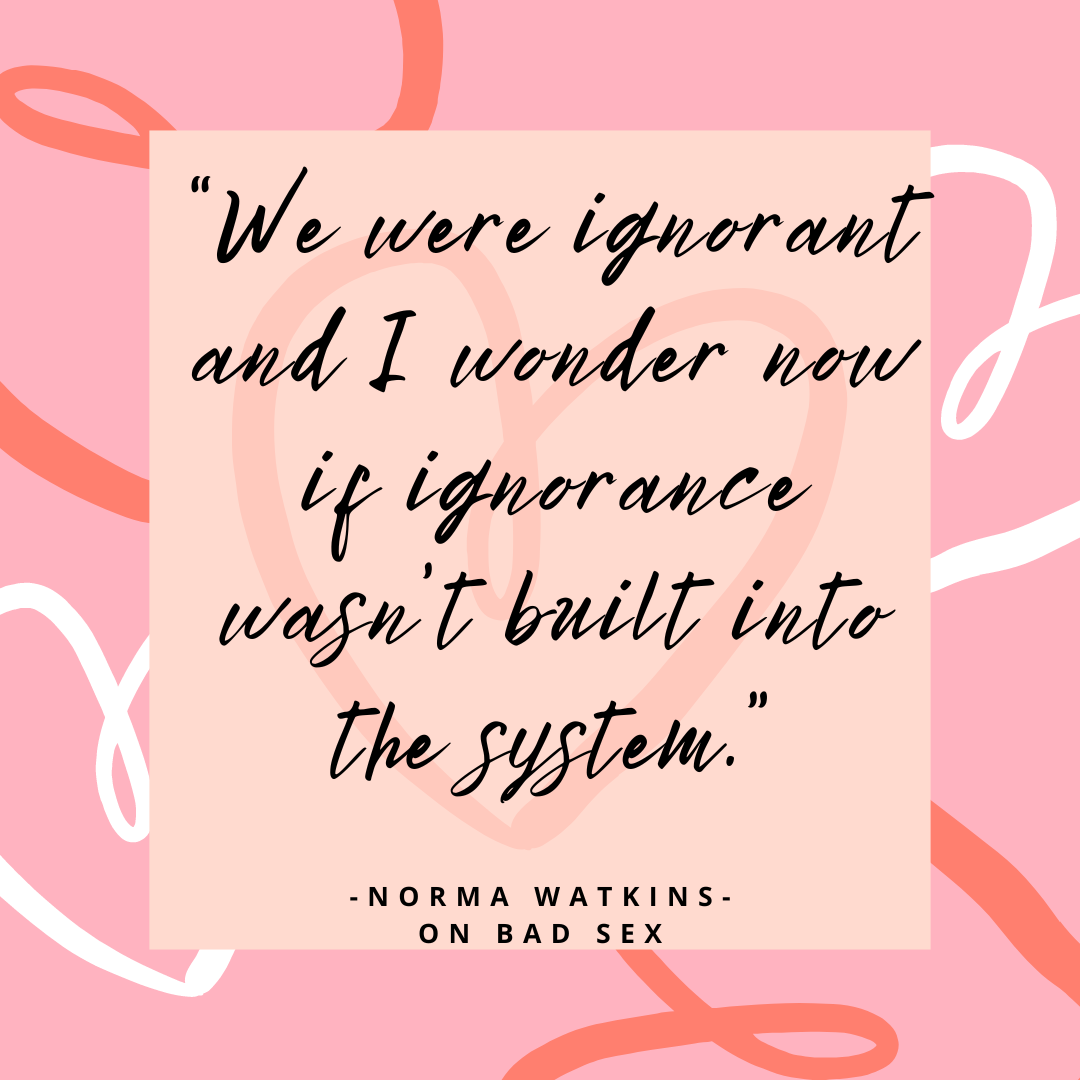The foundational quality of all relationships is trust.
When it has been broken or damaged, it can and needs to be repaired quickly and completely. And since none of us is perfect, breakdowns in trust are all but inevitable. But here’s the good news: nearly all breakdowns in trust can be repaired and even enhanced their pre-breakdown levels.
For those who would like a starter kit, here are a few guidelines:
· Acknowledge to your partner that you have a concern and ask if they are open to discussing it either now or at another time
· When the two of you do sit down together, thank your partner for their willingness to address your concern.
· Speak and listen from a feeling perspective without blame or defensiveness.
· Speak in terms of your own concerns, needs, hopes and intention for the conversation, without blame or accusations of your partner.
· Accept responsibility, for your part in the breakdown.
· Let your partner know what would be helpful for you to hear from them that that might help to restore a higher level of mutual trust.
· Invite your partner to share their perspective with you and thank them when they have done so.
· Listen attentively to your partner to your partner when they speak to you and try to stay focused on the situation that activated the breakdown in trust.
· Be willing to apologize when you deem it appropriate without demanding that they do the same.
· Practice forgiveness when you feel the need for it.
· When you feel that there has been some progress in the repair process bring the conversation to a close and express gratitude to your partner for joining you in the conversation.
Most breakdowns in trust require multiple conversations to repair the damage that a breakdown in trust causes. Keep in mind that this is just a starter kit. Most relationships bring multiple opportunities to practice committed listening and respectful speaking, both of which are essential in the process of trust-building and trust repair. It does take work, but it’s a labor of love and it’s worth it!
Find more tips like this in the Bloom’s new book an End to Arguing: 101 Valuable Lessons for All Relationships.
Linda Bloom, LCSW and Charlie Bloom, MSW have been married since 1972. Trained as psychotherapists and relationship counselors, they have worked with individuals, couples, groups, and organizations since 1975 and have lectured and taught at learning institutes throughout the USA and internationally, including the Esalen Institute, the Kripalu Center for Yoga and Health, Northern California Mindfulness Institute, The California Institute for Integral Studies, and the World Health Organization. They have authored five books, including the bestseller, 101 Things I Wish I Knew When I Got Married: Simple Lessons to Make Love Last (over 100,000 sold), Secrets of Great Marriages, Happily Ever After... and 39 Other Myths about Love, That Which Doesn't Kill Us: How One Couple Became Stronger at the Broken Places, and An End to Arguing: 101 Valuable Lessons for All Relationships. They are founders and co-directors of Bloomwork, based in Santa Cruz, California. Check out their YouTube channel.






